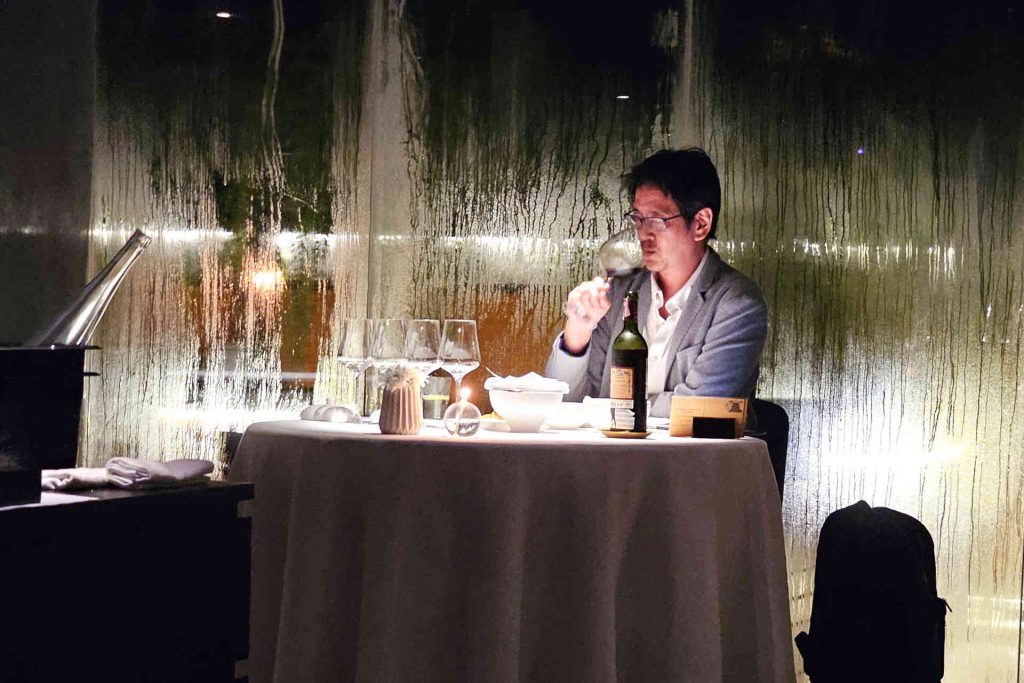
The food service market is changing rapidly and offers numerous new opportunities, but also challenges. Social structures and target group needs have changed dramatically. Germany is a strong country for single diners, who value a nice ambience and visit restaurants for the individual experience, and for older guests.
The Silver Society, i.e. older guests, attach particular importance to health, comfort and accessibility. Aspects such as pleasant acoustics and lighting, smaller portions, easy-to-read menus and even reading glasses are becoming increasingly important. Innovative approaches, such as the old is gold restaurants in Japan, show that traditional food and age-appropriate service could also have a future in Germany.
An important target group for the restaurant industry is the baby boomer generation. They have time and money, are often out and about with their families or grandchildren, and many are open to part-time jobs in the catering industry, whether out of boredom or for financial reasons. The baby boomers are the young old: usually quite fit, discerning, quality-conscious, well-informed, experienced travelers and quite willing to try out new and trendy things. Their lifestyle is oriented towards the younger generation in terms of clothing, sport and nutrition.
Gentrification, downsizing and changing working environments have forced many restaurants to reorient themselves on the market. The upper middle class in particular is struggling, while system catering businesses remain stable. Despite shorter opening hours and fewer top restaurants, there is potential in individualization: vegetarian, vegan or health-oriented concepts can appeal to new groups of guests.
At the same time, new target groups such as Generation Z and Alpha are shaping the market. As digital natives, they expect hybrid experiences in which digital and on-site services are seamlessly integrated. Guests with disabilities are also demanding tailor-made concepts, such as barrier-free restaurants or special menus for allergy sufferers. Vegetarian, vegan or health-oriented concepts can appeal to new groups of guests and offer potential for individualization. Entire families, across generations, enjoy the commonality of gastronomy.

Las Vegas is known for its long nights, which makes places that do mornings really well all the more important. Between the Strip and downtown, there are a surprising number of spots where breakfast and coffee are not just an afterthought, but are deliberately celebrated. It’s these places that make all the difference: quiet, high-quality, and offering just the right amount of enjoyment before the day gets going.
Fine dining, steak, sushi, Mexican cuisine, and Italian dolce vita – Las Vegas has long been more than just buffets and shows. We sampled some of the city’s most exciting restaurants – from complex Chinese flavors and traditional American steakhouses to Japanese presentation and Mexican sensuality.
Vegan and reduced-sugar desserts that last, shine, and impress guests: Sugar is not the enemy, but it is not the solution either. Modern patisserie thinks ahead—more precisely, more plant-based, more consciously.
Away from the “sugar = taste” reflex, toward texture intelligence, aroma control, and clean technique. Modern patisserie works vegan, reduced-sugar—and often completely without classic table sugar. The matrix, process, and calculation are crucial. About desserts that perform professionally: stable, precise, highly aromatic.


The food service market is changing rapidly and offers numerous new opportunities, but also challenges. Social structures and target group needs have changed dramatically. Germany is a strong country for single diners, who value a nice ambience and visit restaurants for the individual experience, and for older guests.